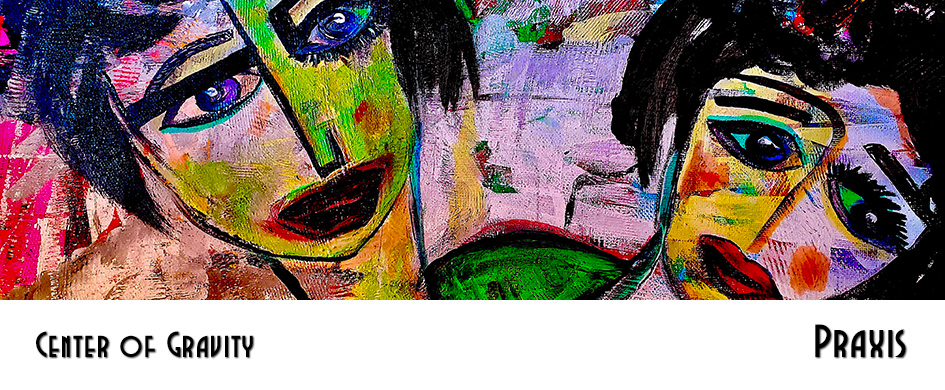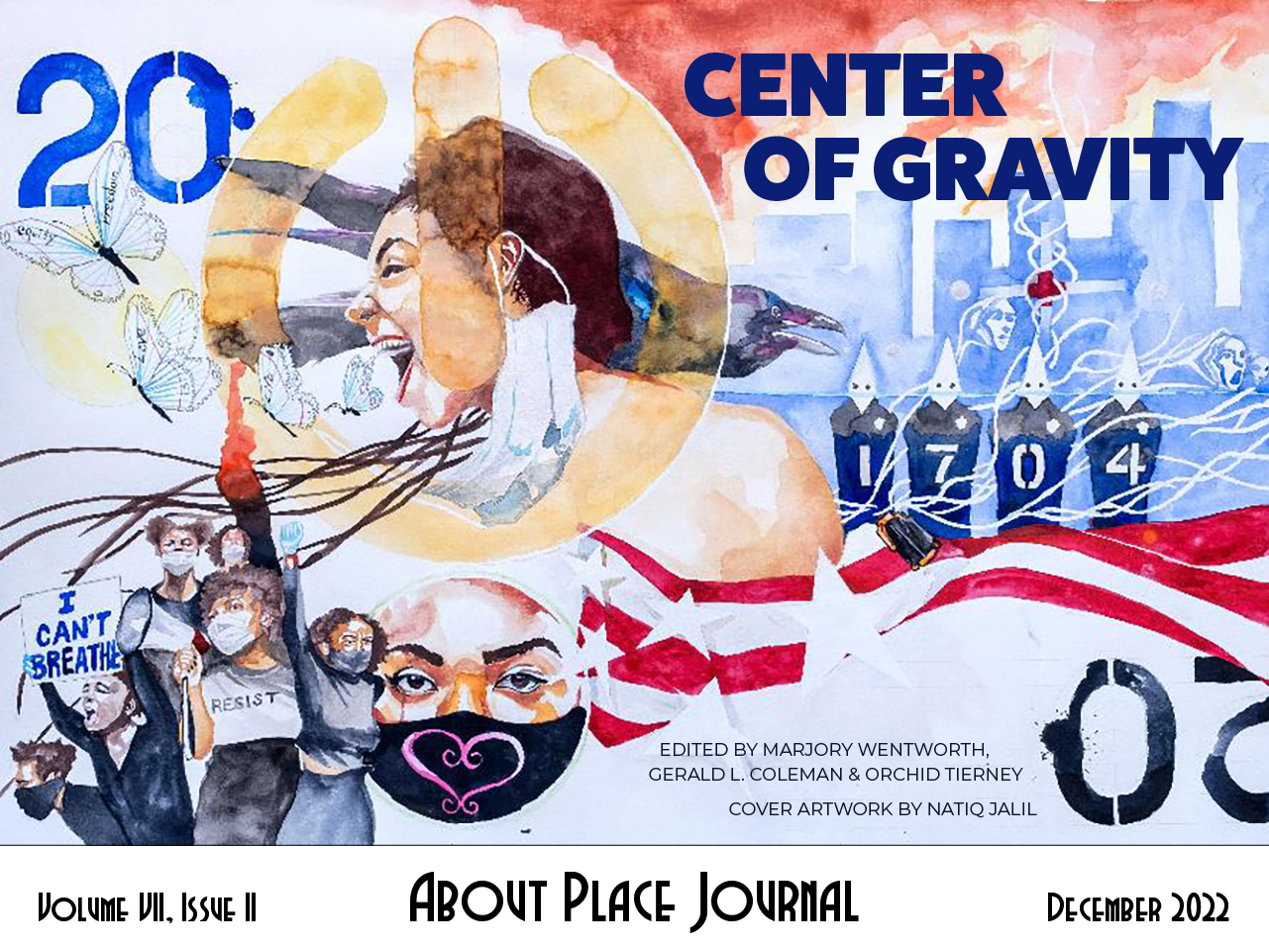–after Juan Felipe Herrera
- it’s easy, zhe said, walk up to the gates of the city of gratitude. walk in & through & you will have arrived.
- but zhe added, there is no map. no one to say: climb through fields of feathery red quinoa planted beside stone corrals, go up & over the side of the extinct volcano where pine & palm grow side by side & there in the old lakebed of the caldera the city you seek.
- some have breathed their way into stillness & arrived. some have driven their cars at break-neck speeds & crashed through the granite walls of the city & found themselves weepy with gratitude. some were born when the moon of thankfulness shone on the night-blooming cactus & have only ever known the joy of thank you. some were set apart for suffering.
- & when the gathered replied: zhe, this teaching is hard, zhe answered: how you get there is how you get there. there will be days & months, years even, where you’ll wander & the swamps that make the anaconda happy will be to you a hell. there will be those who try to sell you secret maps & potions mixed from roots & seeds no chemist has ever known. you’ll grow short of breath & sore.
- to which zhe added: you cannot study your way to gratitude. the guanaco that has escaped the puma & the puma that feasts on the huemul & the condor that tends to the remains, are all residents & neighbors.
- you were told, zhe concluded, this was a five point sermon, but five, six, the grateful don’t care, the grateful have arrived.


